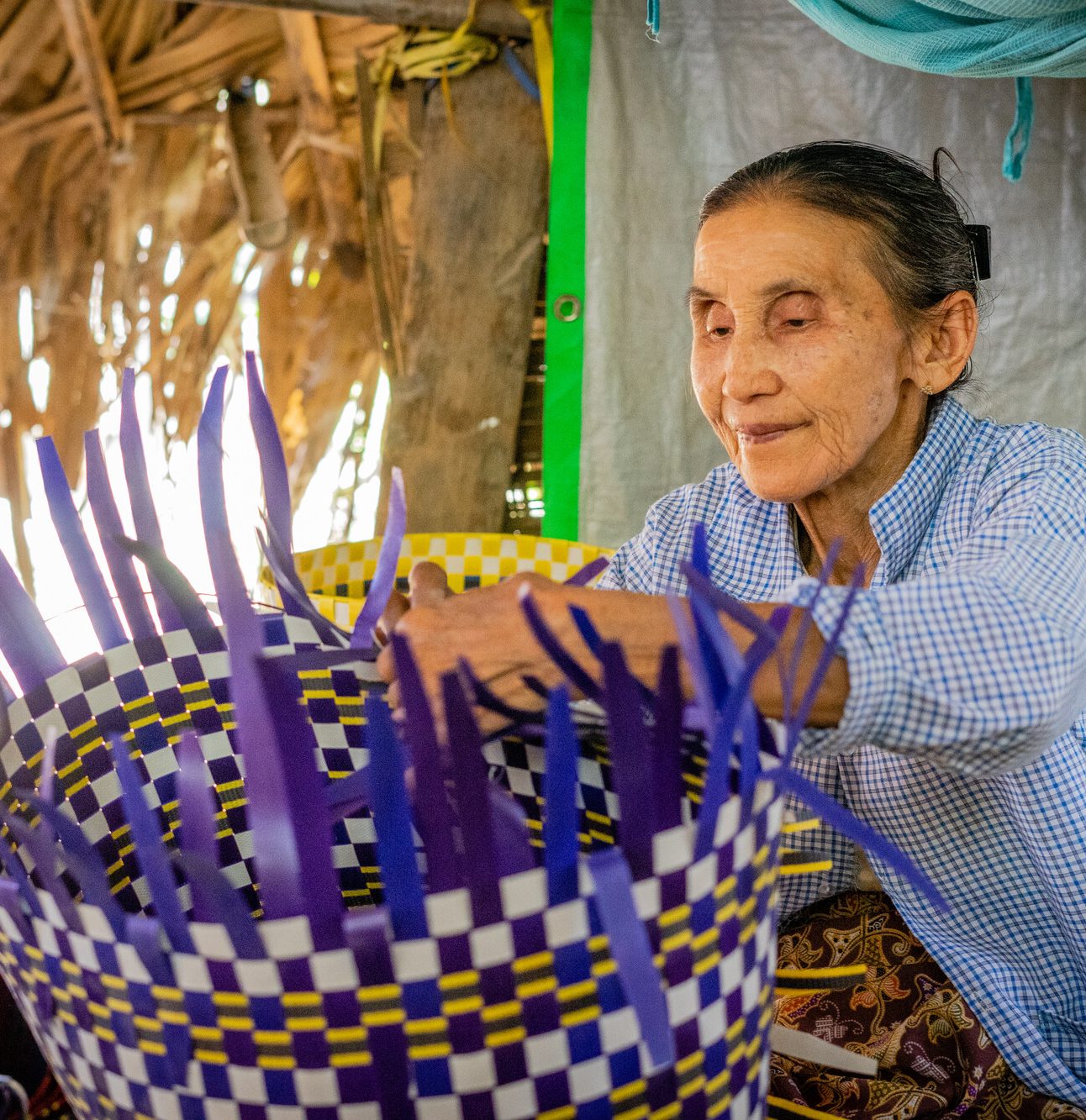
Why inclusion matters?
In this game, players assume the role of a community member. They decide the extent to which they are included in an NGO’s programming and activities.
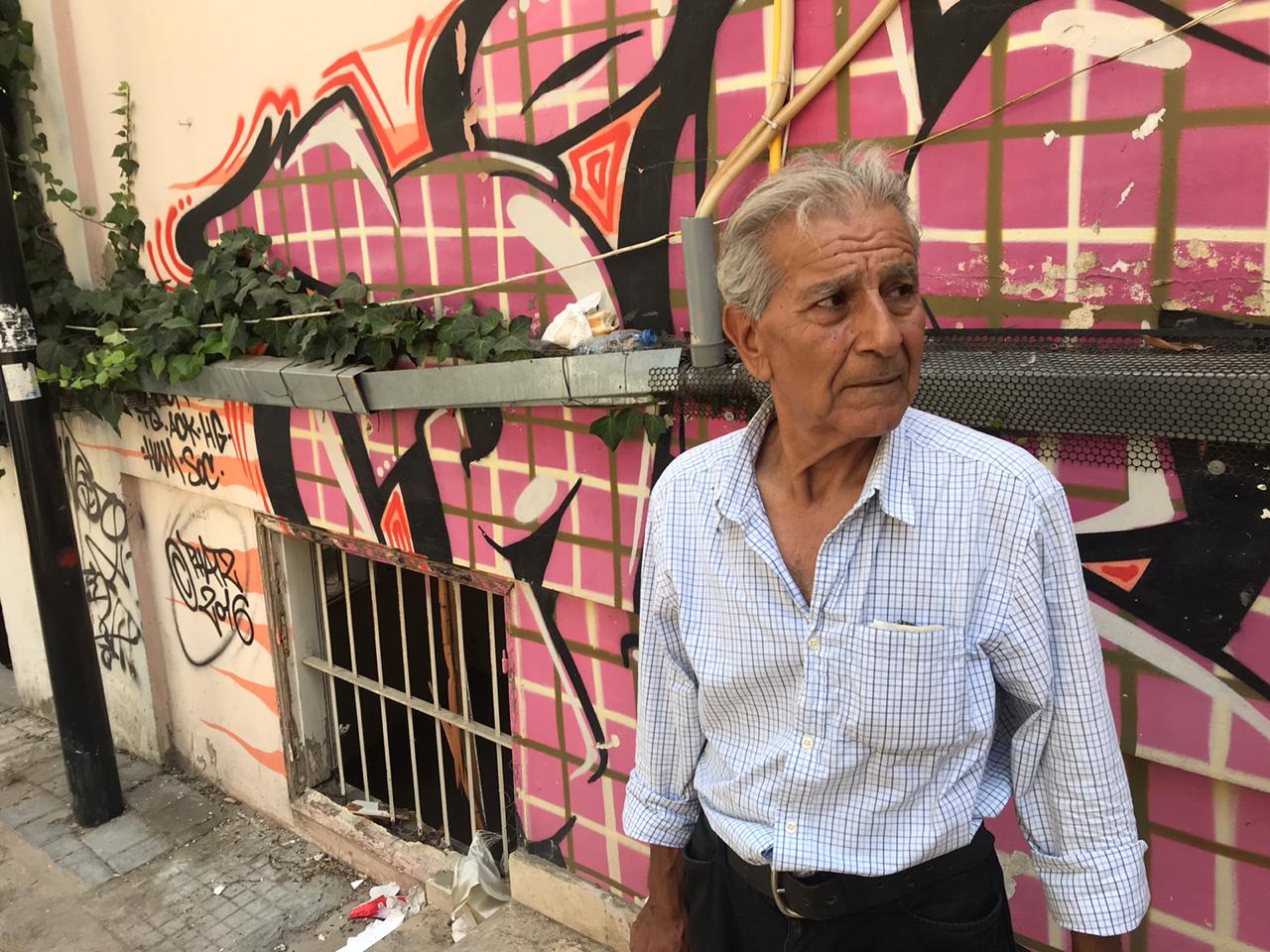

In this game, players assume the role of a community member. They decide the extent to which they are included in an NGO’s programming and activities.
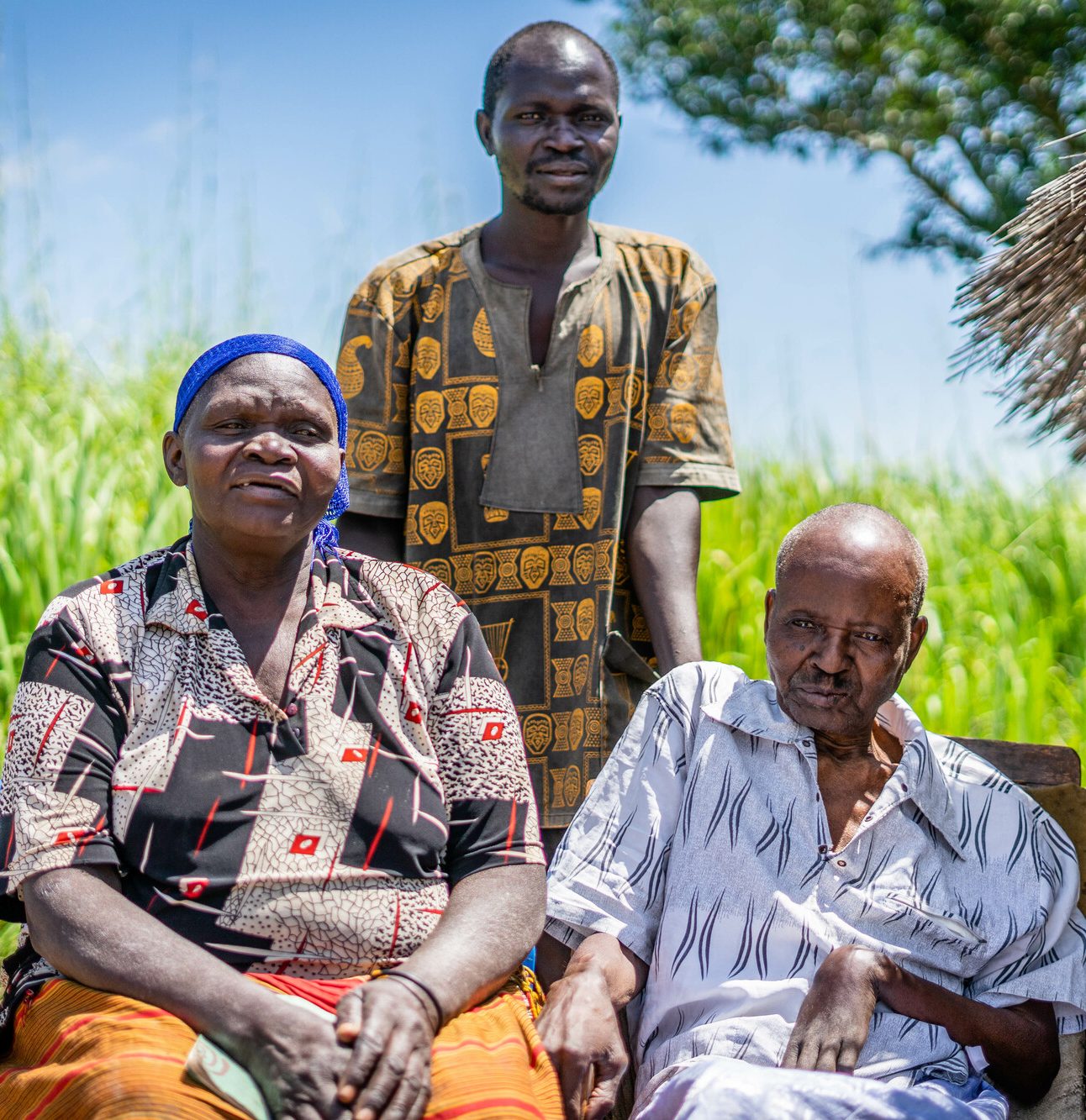
By the end of this game, players will be able to reflect on own unconscious bias and how people’s identities influence our relationships and decisions.
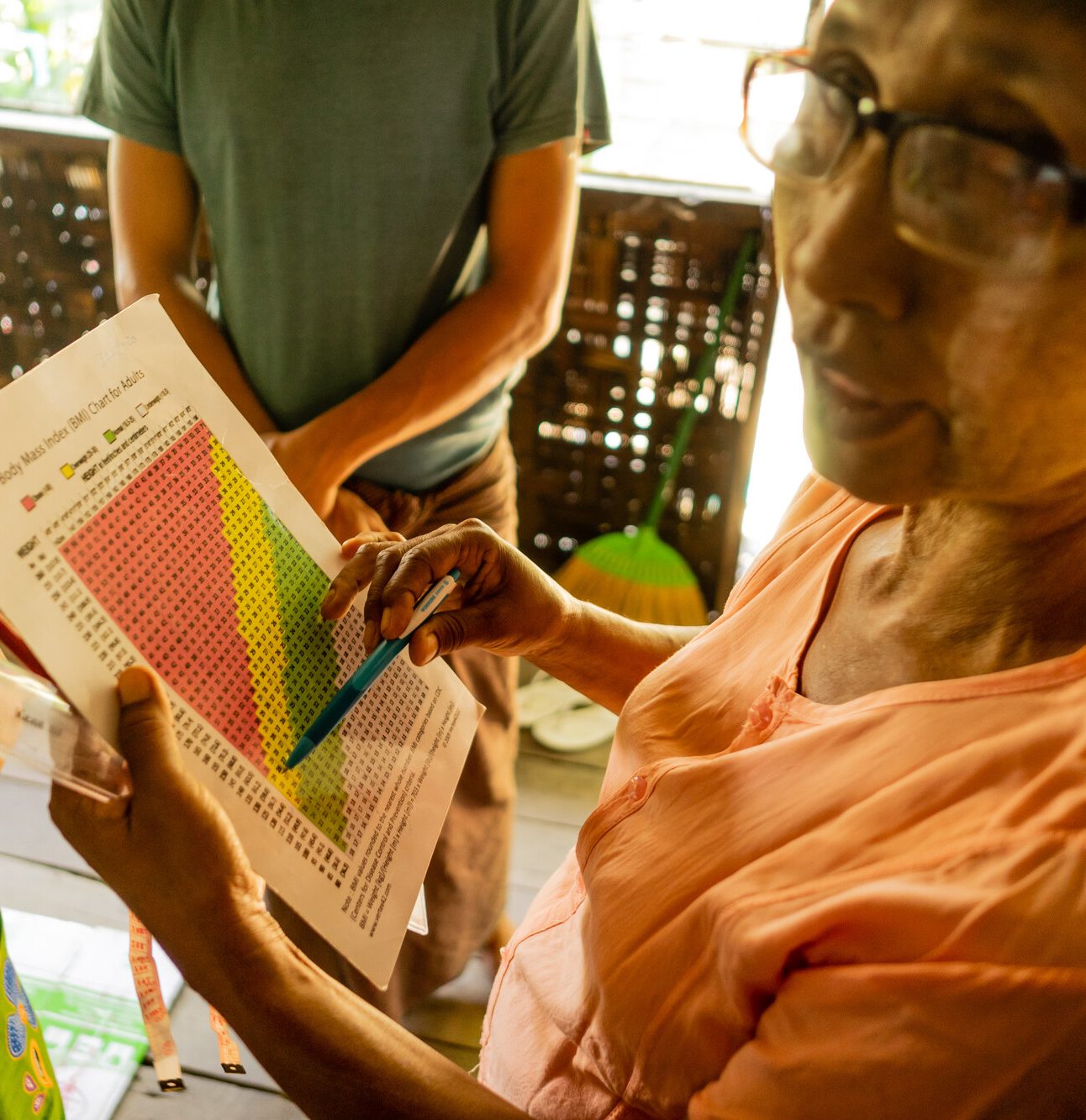
By the end of this game, players will be able to recognise the importance of maintaining people’s dignity and the personal nature of dignity.
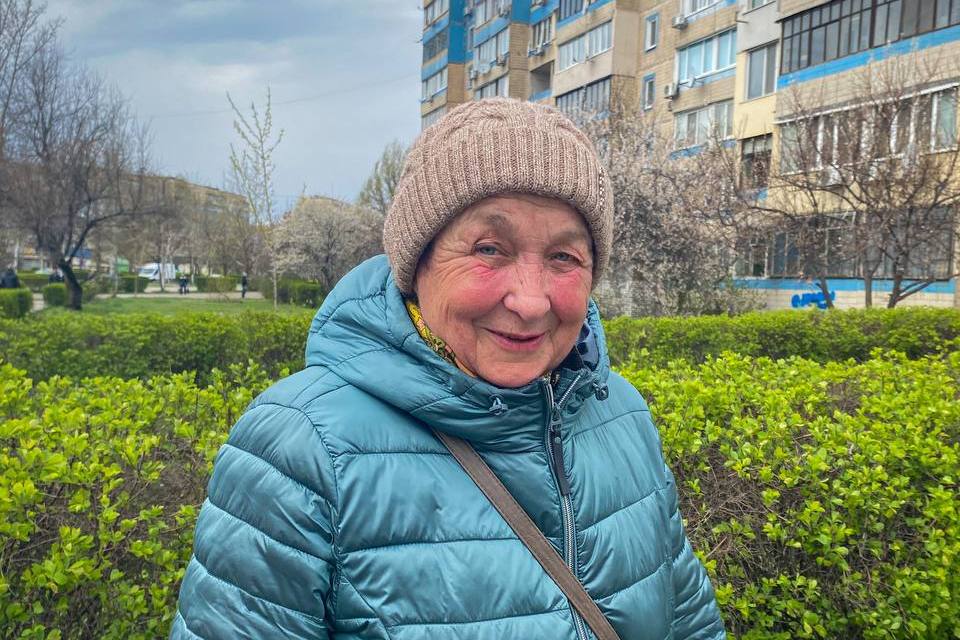
Players work together to retell stories in which people receive appropriate
assistive products so as to live more independently and are more resilient when disasters occur.
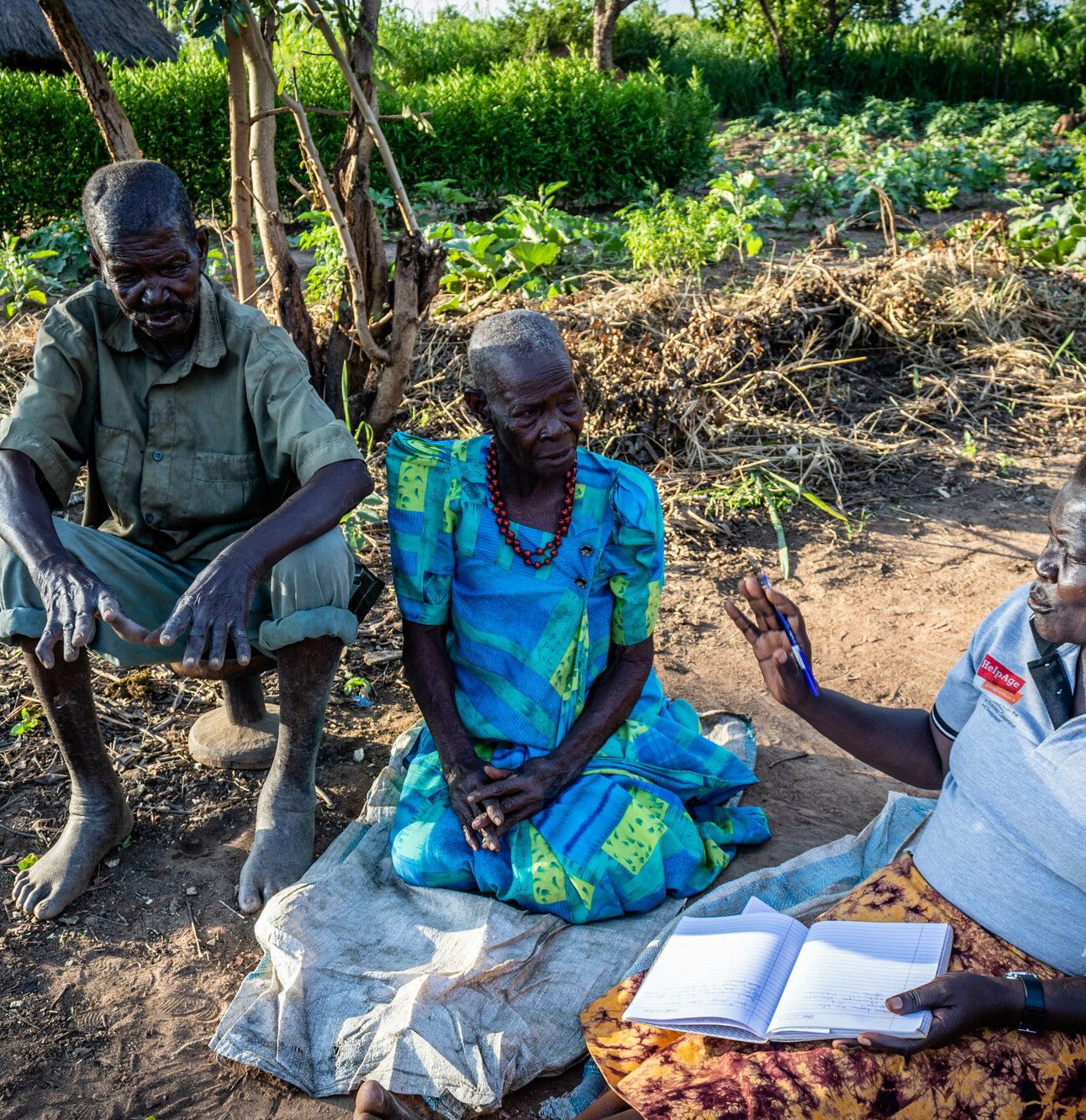
Players role play different characters and ask each other questions to discover the relationship between age and disability.
Need for inclusive data
Game players will be able to complete a Problem Tree, identify the root cause of a problem and give reasons why data is key to leaving no one behind.
Rights-based model to programming
Designing inclusive water, sanitation and hygiene (WASH) facilities
Inclusion in Livelihoods: Instructions
How to manage inclusive communication in communities